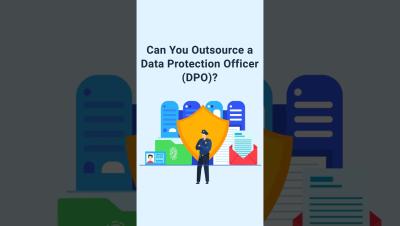How employee training helps reduce cyber attack risk
In today's digital world, cybersecurity is no longer just a concern for IT professionals-it's essential for everyone in an organisation, from top executives to entry-level employees. The main reason for this is that humans are often the weakest link in security, but they can also become the strongest defence if properly trained. That's why businesses need to prioritise cybersecurity education for all staff members.











